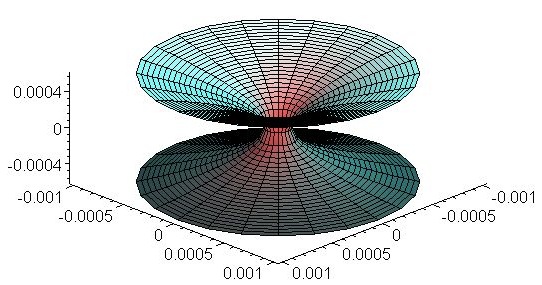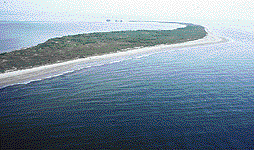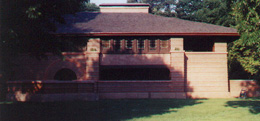 "Human ecology"
"Human ecology"![]()
Capra | Eisely | Kormondy | Krebs | Shepard
![]()
What do experts in science and social studies think about the material conditions of human existence?

revealed "deep insights into the nature of matter and its relation to the
human mind."
Today's crises "are all different facets of one and the same crisis, and
that this crisis is essentially a crisis of perception."
"We need a new vision of reality. We live . . . in a globally interconnected
world in which biological, psychological, social and environmental phenomena
are all interdependent."

"To describe this world appropriately we need an ecological perspective
which the Cartesian world view does not offer."
 |
|
"our current theories of matter . . . . The new concepts in physics have brought about a profound change in our world view; from the mechanistic conception of Descartes & Newton to a holistic and ecological view," [15]
"The exploration of the atomic and subatomic world brought them in contact
with a strange and unexpected reality that seemed to defy any coherent description."
Loren Eisley 1960
"There is a sense in which we can say that the planet, with its strange freight of life, is always just passing from the unnatural to the natural, from that Unseen which man has always reverenced to the small reality of the day. If all life were to be swept from the world, leaving only its chemical constituents, no visitor from another star would be able to establish the reality of such a phantom. The dust would lie without visible protest, as it does in the moon's airless craters, or in the road before our door."
Charles J. Krebs
"Today we live in a technological society that has so changed our life
style that many people feel as though they are removed from direct contact with
nature." (1)
"We can make no greater mistake than to ignore or be ignorant of nature."
'learn how human societies can survive."
"We exist in nature. . . & we can thus appreciate the problems of ecology
from
firsthand experience."
"Some ecological insight ought to be in the repertoire of every educated
person."
"All living things need inorganic elements to grow."
"Biological communities act like giant energy transformers."
"is feeding indirectly on solar energy."

Climate -- Temperature, moisture, and sunlight
control plant growth.
Tropical barrier-belts
"We exist in nature, and like all plants & animals we experience wind,
rain, heat, cold, we need food, we need a place in which to live, and we can
thus appreciate the problems of ecology from our first hand experience."
"Climatic change causes biological change"


individuals, populations, communities
"all organisms are composed of chemicals and obey laws of physics."
"You will look at our familiar world in new ways." [2]
"We are one species in a world whose biological heritage is as irreplaceable as our own cultural heritage. We are the custodians of this biological heritage and our goals must be to study it, to understand it, to enjoy it, & to pass it on to our children undiminished." p. 167
"We Propose and Nature Disposes"
by Edward J. Kormondy
"dynamic and relentless processes are characteristic of ecosystems as are
thermonuclear fusion reactions
in the sun." "laws of nature"
"Absolute limits to growth are imposed both by
thermodynamics and space."
We are shackled by basic ecological laws of energy flow, recycling,, population
growth and community aging processes."
"We have plenty of freedom within these laws."
"Nature's laws limit each resource."
elements and compounds -- circulate, some fully some partially."
"They don't stay where they are put."
Human Ecology
"man is in the world & his ecology is the nature of that 'inness'"
Paul Shepard
 "Human
ecology cannot be limited strictly to biological concepts, but it cannot ignore
them. It cannot even transcend them. It emerges from the fact of interconnection
as a general principal of life. It must take a long view of human life and nature
as they form a mesh or pattern going beyond historical time and beyond the conceptual
bounds of other humane disciplines."
"Human
ecology cannot be limited strictly to biological concepts, but it cannot ignore
them. It cannot even transcend them. It emerges from the fact of interconnection
as a general principal of life. It must take a long view of human life and nature
as they form a mesh or pattern going beyond historical time and beyond the conceptual
bounds of other humane disciplines."
Paul Shepard, 1969
"our problems come from our poor understanding of ourselves, from bewilderment about what we are as a species." [23]

"The landscape is one of those continuing frauds in our culture proclaiming
nature to be a picture and man a spectator." [21]
"infantile fantasies of peaceable kingdoms and paradisiacal dreams of goat
herding transported to the lawns of the middle class."
"a bland rural nostalgia to anesthetize us while giant corporations ravage
the land and air." [21]
![]()